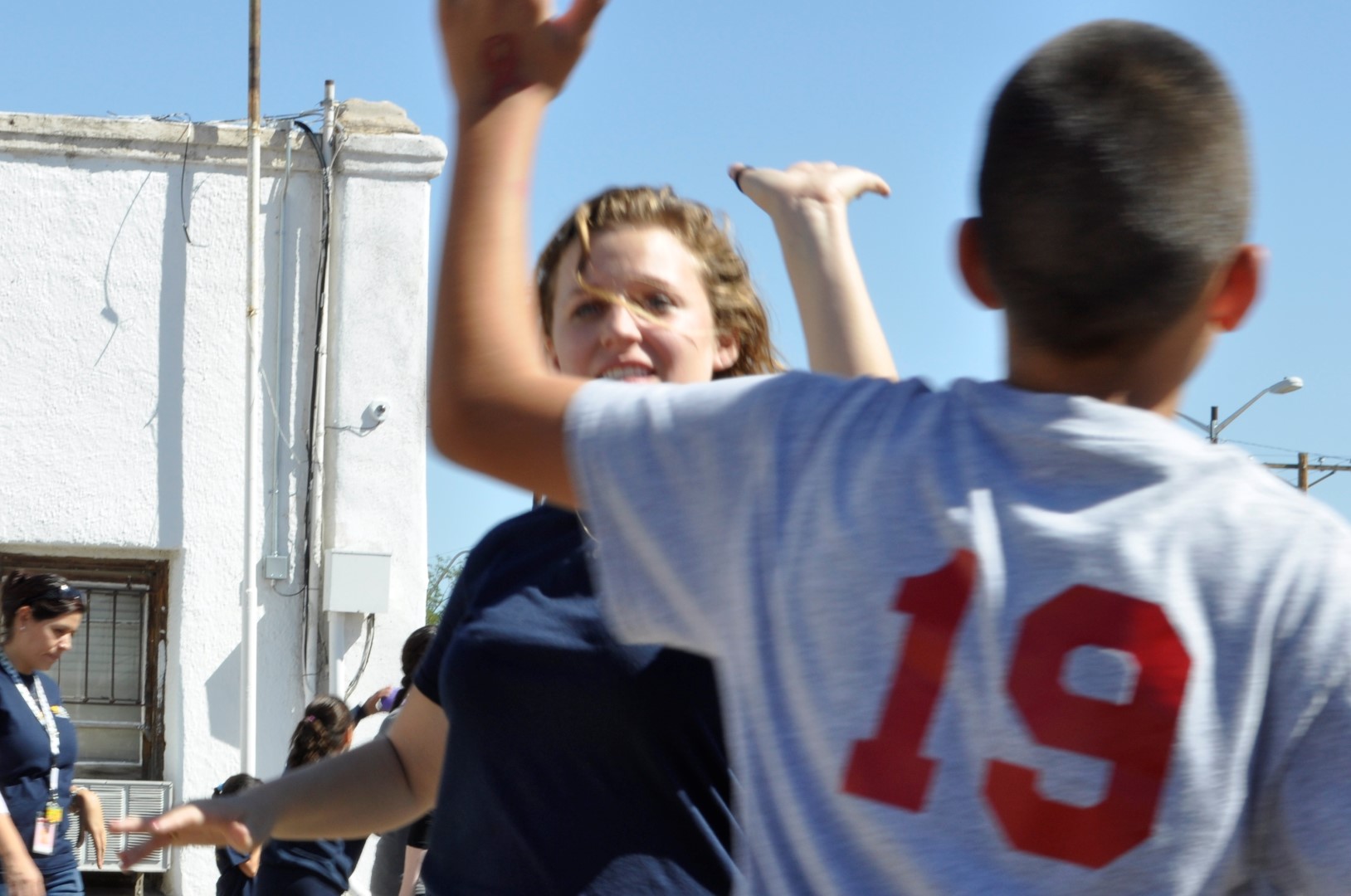Contrary to what I expected, becoming a teacher has been a process of learning how to lose control. Maybe it would be better to say that it has been a process of learning about all of the things I cannot control. Parents, weather, electricity, the internet, the stomach flu. These are things I cannot control. And, as much as I would like to, I cannot control the motivations of middle schoolers.
When my 6th, 7th, and 8th grade students come into my class, I hope that they learn two things. First, I want them to learn to love reading and writing. Second, I want them to learn that in all of the chaos of life, the one thing they can control is how hard they work.
In my first year there was a little boy who, at age 12, had given up. He was pleasant, clever, and infuriating because he entirely shut down the minute I asked him to read or write.
 We struggled. I spent whole mornings crouched at his desk. I met late in the evening with his parents after they got off work. They wondered what the problem was. They tried tutoring. They considered putting him through cognitive testing. He asked to move to the back of the room because he did not like people watching him while he wrote. He brought in a cracked-screen iPad and slowly typed his assignments. He tried pens. He tried pencils. He tried picture books.
We struggled. I spent whole mornings crouched at his desk. I met late in the evening with his parents after they got off work. They wondered what the problem was. They tried tutoring. They considered putting him through cognitive testing. He asked to move to the back of the room because he did not like people watching him while he wrote. He brought in a cracked-screen iPad and slowly typed his assignments. He tried pens. He tried pencils. He tried picture books.
He did something else, too. Each day, he walked at the end of the line to go outside for closing prayer. Before he left, he ran back to wherever I was standing and gave me a high-five while I said, "Good work! Good day!" even though they were not always good days. On days when he forgot, he ran back inside after dismissal, which was against the rules, insisting on a high-five.
It was strange and endearing and I had no idea why it was happening.
Then, there was a turn. By March his reading test scores jumped from a 3rd grade level to a 7th grade level. After summer vacation, he returned to school earning a report card filled with A's and B's, a sight he had never experienced before.
What happened? He learned to work. He learned that all of the people who said he could not achieve were not the authority on his life. He told me that in previous schools he could slip by without work by just being one of those kids that failed. But even on those bad days, we worked: new solutions, new tricks, new books, new strategies, but always the same high-fives.
Kids and adolescents, especially those in poverty, have such little control over what happens in their lives. But it is these little things, words of encouragement, exercises in persistence, and a belief in capability that can transform young minds and transform our culture.
 Alliance for Catholic Education
Alliance for Catholic Education